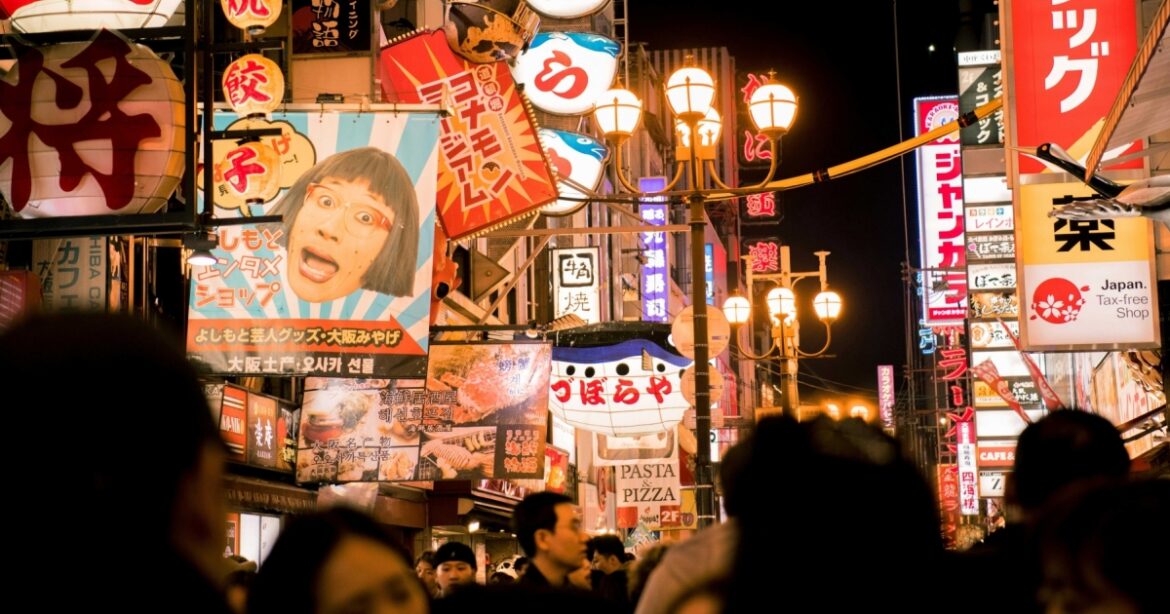Traditional inns continue to dominate the accommodation sector.
Global hotel brands continue to play a limited role in Japan’s hospitality landscape, even if the government expects another record year in foreign tourist arrivals.
Noboru Takimoto, director at CBRE Hotels Japan, attributed this gap to the historical dominance of small, traditional inns such as ryokan and hatago, as well as Japan’s long-standing preference for the “owner-operator” model—where the hotel owner also manages the property.
“Crucially, many hotels in Japan have been owned and managed by the same entity,” he told Real Estate Asia in an emailed reply to questions.
This model does not align with how many foreign operators work. Global brands often prefer a management contract model, where they manage a property they do not own.
Last year, Japan had 37 million tourist arrivals, surpassing its previous peak of 32 million in 2019 before the COVID-19 pandemic. Its hotel market is projected to grow 1.29% annually to $26.85b by 2033 from 2024, according to Research and Markets.
“Key locations for the hotel market include major cities with high international tourist demand, such as Tokyo, Osaka, Kyoto, Fukuoka, and Sapporo,” Takimoto said.
Despite this demand, Tokyo’s hotel development pipeline is slowing. The capital’s annual new hotel supply, which grew almost 6% yearly over the past decade, is expected to drop to just 0.4% annually over the next five years.
“Although there are slight differences depending on the city, the lack of new supply is a nationwide trend,” Takimoto said, citing rising land prices, higher construction costs, and labour shortages as key constraints.
He sees this slowdown as an opening for international hotel groups and expects increased rebranding in the coming years.
“We also expect that there will be increased opportunities for owner-operators who have not yet entered the Japanese market to acquire existing hotels or platforms through mergers and acquisitions,” he added.
Takimoto also cited a shift in corporate behaviour that could benefit foreign investors. Japanese companies are increasingly selling off assets, driven by pressure from activist investors and a desire to maximise corporate value, he pointed out.
“This trend presents a significant opportunity for well-capitalised foreign investors and major domestic developers looking to acquire these available assets,” he added.


AloJapan.com